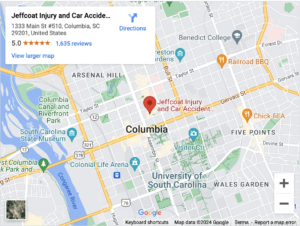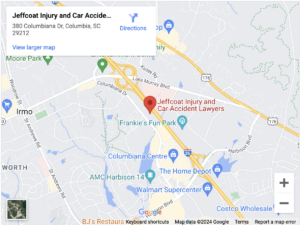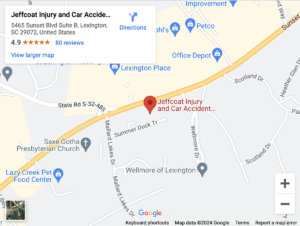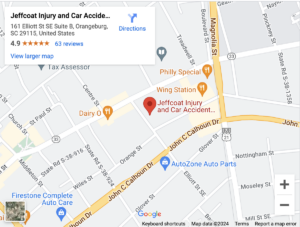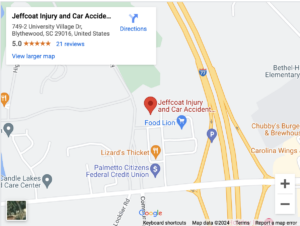
When another party causes your injury in South Carolina, you can seek damages from that party. You can seek economic damages for your monetary losses, such as property damages, lost wages, and medical bills. You may also receive compensation for non-economic damages for emotional distress, pain, and suffering.
Punitive damages are not compensatory damages. They do not reimburse you for bills or expenses you incur because of your injuries. It does not compensate you for the pain and suffering you experience. Instead, punitive damages “punish” a party for their conduct in causing you harm.
When Does South Carolina Allow Punitive Damages Awards?
A jury must award punitive damages. South Carolina law allows punitive damages awards when the plaintiff (the injured party) proves that the defendant’s (the alleged at-fault party) conduct was “willful, wanton, or reckless.” This conduct is often described as gross negligence.
Gross negligence is more than mere negligence. People are negligent when they fail to use reasonable care given the circumstances. However, gross negligence is acting with complete disregard for the safety of other people.
Driving under the influence and intentional acts of violence are examples of cases in which punitive damages might be awarded. A company that knowingly markets a defective product may result in a punitive damages award.
The plaintiff must prove their case by clear and convincing evidence. This burden of proof is higher than the proof required for economic and non-economic damages. You must prove that it is substantially more likely that the allegations against the defendant are true. However, you don’t need to prove your case beyond a reasonable doubt to receive punitive damages.
How Do Juries Decide How Much to Award for Punitive Damages in South Carolina?
When a jury determines that punitive damages are justified in a case, they must decide how much to award for damages. The jurors consider the facts of the case and other factors such as:
- Whether the defendant tried to conceal their conduct
- Whether the defendant or the plaintiff bears a greater degree of responsibility for the conduct
- A history of reckless behavior by the defendant
- Whether the defendant profited in some way from their conduct
- The type and severity of the plaintiff’s injuries
- The defendant’s financial situation and their ability to pay an award for punitive damages
- The degree of punishment necessary to deter the defendant and others from repeating the conduct in question
Jurors may consider other factors when they decide whether to award punitive damages and how much to award. Generally, punitive damages are only awarded after a trial finds the defendant is responsible for causing the plaintiff’s injuries. Typically, punitive damages are not a part of personal injury settlements.
However, a Columbia personal injury lawyer may use the threat of a punitive damages award during settlement negotiations. The at-fault party and insurance company may be willing to increase the settlement amount instead of taking the risk of going to court and receiving a punitive damages award.
South Carolina Caps Punitive Damages You Can Receive for a Personal Injury Case
South Carolina places caps on the punitive damages a defendant must pay for a personal injury judgment. The law limits punitive damages to three times the amount of your economic and non-economic damages. There is also a statutory cap that is adjusted each year for inflation. For 2024, it is $699,761.
There are exceptions to the caps on punitive damages in South Carolina. The caps do not apply in cases involving alcohol or drugs, such as a DUI accident. Some cases involving intentional torts may not be subject to the caps.
Jurors are not informed of the statutory caps for punitive damages when they deliberate. Therefore, the jury could return a punitive damages award higher than the caps. The judge reduces the amount if it exceeds the maximum cap.
What Is the Deadline for Filing a Claim for Punitive Damages in South Carolina?
Punitive damages are part of your personal injury case. Therefore, the deadline to file your claim is the same as the statute of limitations for filing a personal injury lawsuit.
South Carolina imposes a three-year statute of limitations in most personal injury cases. However, there are exceptions to the rule. Therefore, you should talk with a personal injury lawyer as soon as possible after your accident.
A Personal Injury Attorney
If you have questions about punitive damages or a personal injury case, contact the experienced Columbia personal injury attorney at Jeffcoat Injury and Car Accident Lawyers today at (803) 200-2000. They can discuss your legal options with you.

